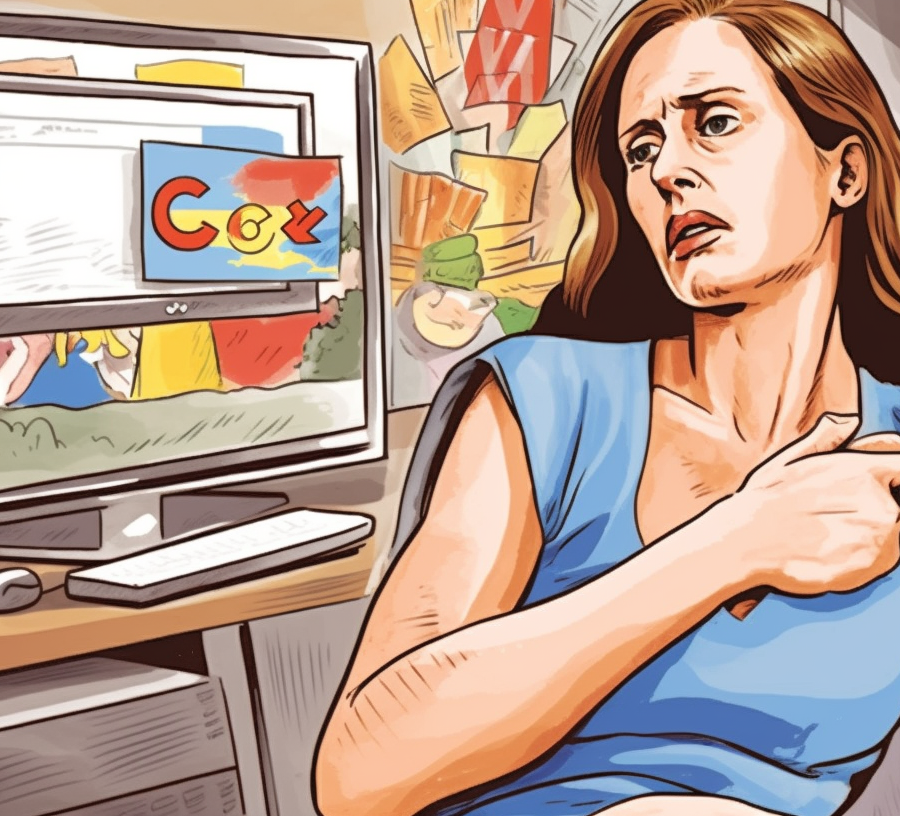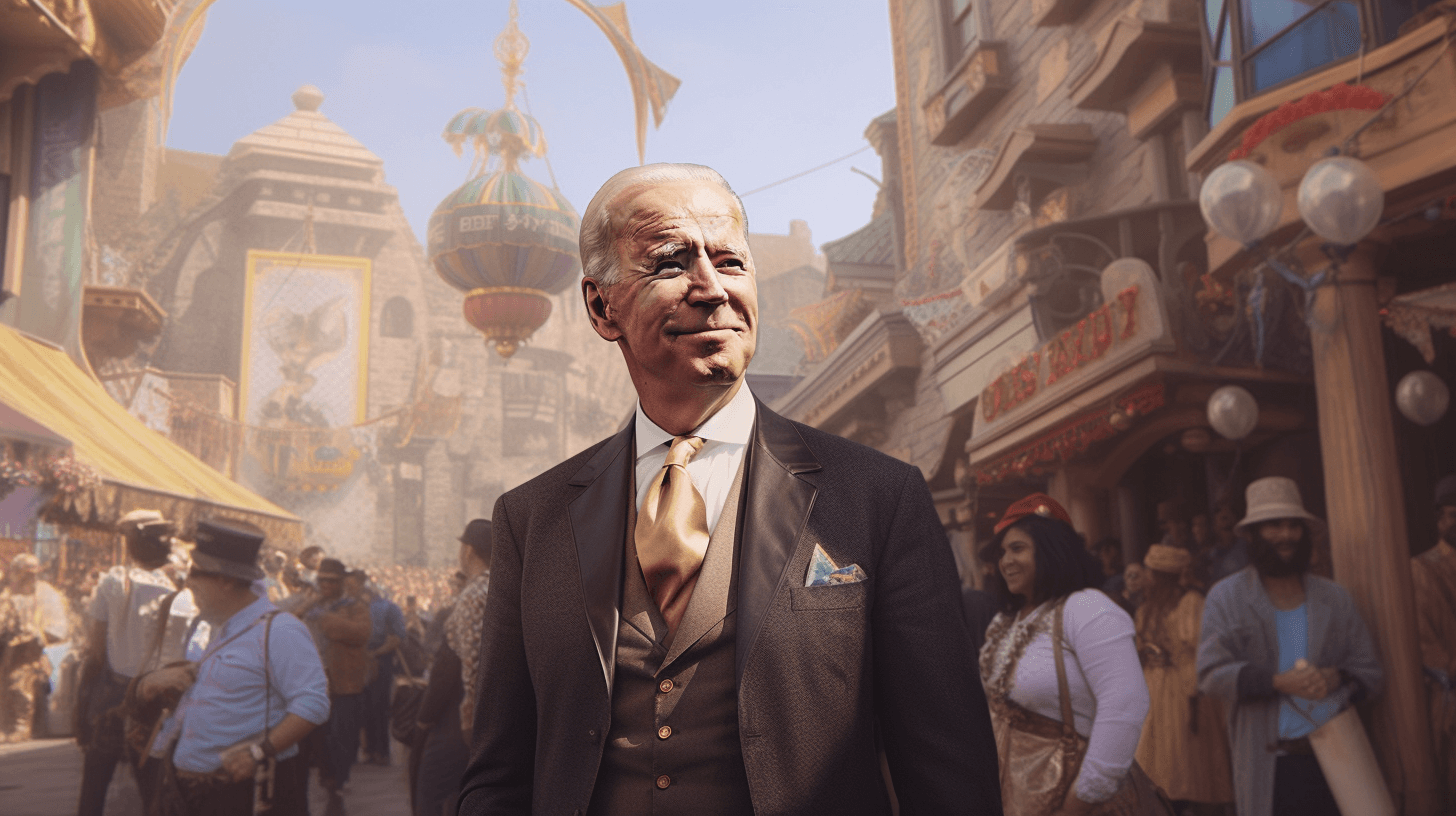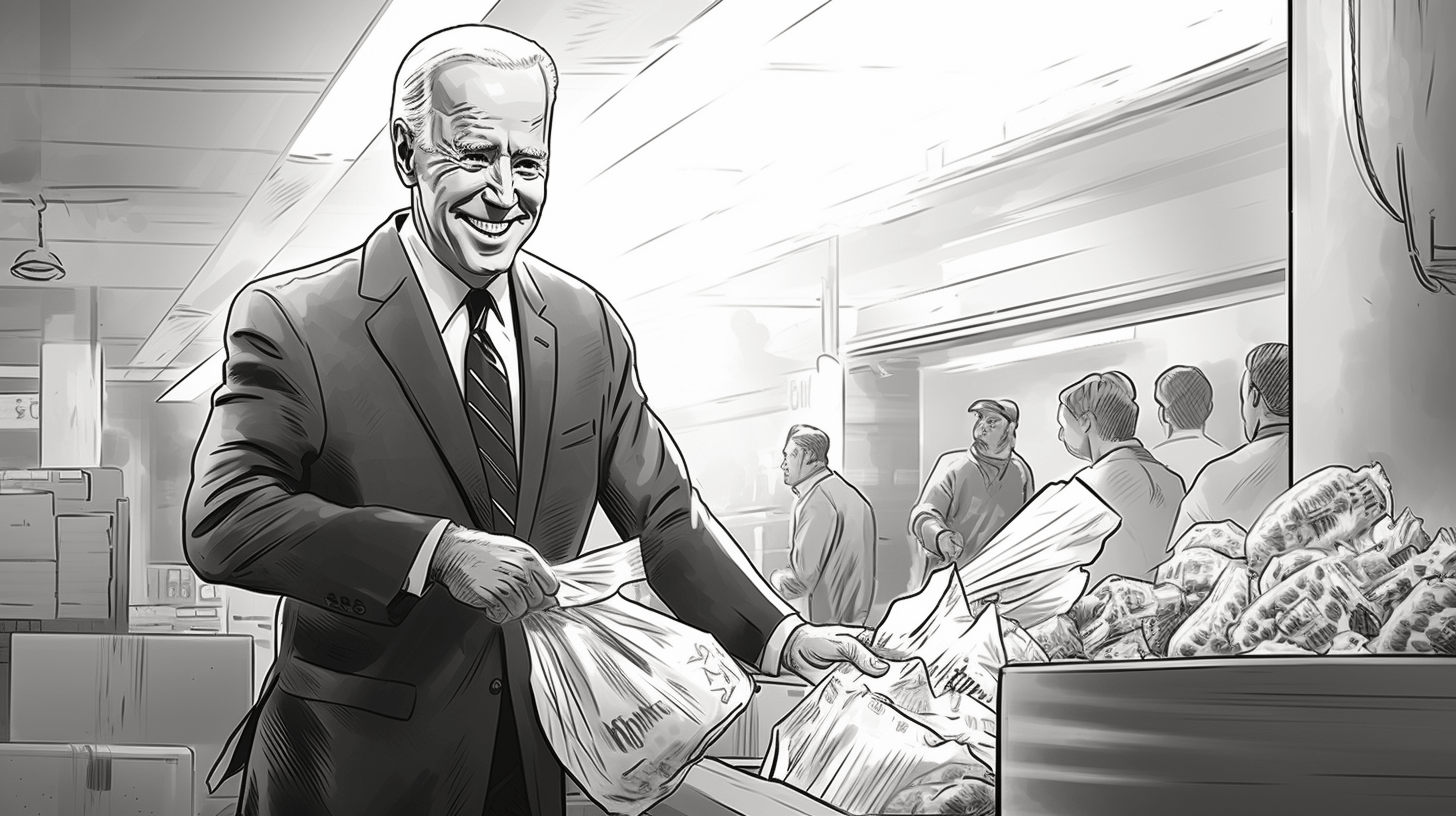🚗🇷🇺 Volkswagen Say Aloha to Russia Ops, Dat Includes One Assembly Plant
Volkswagen, da kine German car maker, wen decide fo’ sell off all dea stuff inside Russia, including one car assembly plant, to one local auto dealership, aftah dey wen stop making cars dea more den one year ago. All dis action wen happen aftah Russia wen invade Ukraine. Da company wen say all dis on top one Aloha Friday. 🌍🏭🇩🇪🚗
Da deal wen need da Russian government fo’ say okay, and aftah dat wen happen, dis Moscow-based dealership called Avilon wen buy all da assets of Volkswagen Group Rus, da car maker wen say. Nobody wen talk about how much dey wen pay fo’ all dat, but some kine Russian media, citing local records, wen say Avilon wen fork over about 125 million euros ($135 million). 💶💼🇷🇺
Volkswagen wen let everybody know wit one short kind statement, and den dey wen say dey no like talk more about da deal. 🤐📄🚫
Dis move by Volkswagen make dem da latest European car maker fo’ say aloha to Russia inside da last year, joining plenny oddah multinational corporations dat wen make da same kind exit from one market wea dey wen spend decades working and building. But all da pilikia ova Moscow’s war in Ukraine, plus all da hard time fo’ deal wit economic sanctions aimed at slapping Russia, wen make da Russian market look less sweet. 🏃♂️💨🌍🇺🇦💔
Last month, Mercedes-Benz wen announce dat dey wen sell dea Russia division, including one assembly plant, to Avtodom, one Russian investor, ’bout one year aftah dey wen stop local manufacturing and exporting passenger cars and vans to Russia. Da sale wen include one small kine chance fo’ buy back, but dey neva give any more details. 🚙🏭👋💸
Last year, da French car maker Renault wen talk story wit da Russian government fo’ sell dea 68 percent stake in AvtoVAZ, Russia’s biggest car maker, to NAMI, one car research institute in Moscow, fo’ da price of 1 ruble, wit da chance fo’ come back and do business in da country latah. 🇫🇷💰🇷🇺🔄
Volkswagen wen keep quiet about wea da sale wen get one clause fo’ return to Russia. On top of da plant, in one town called Kaluga in western Russia, da Volkswagen sale wen include da company’s parts and leasing departments. 🤫🔍🚗🔨
Avilon no like talk about da sale, and it was not clear right away wat dea plans was fo’ da Kaluga plant. 🤷♂️🔍🏭
Befo’ da full-scale invasion of Ukraine, Avilon wen sell Volkswagen cars plus plenny oddah Western brands, like Mercedes, Jeep and Rolls-Royce. Since last year, dey also wen start selling top Chinese brands, like Chery, Great Wall and Zeekr. 🌍🚘🎌🚗
Volkswagen wen spend €774 million fo’ build da Kaluga plant, which wen open in 2007. Two years aftah dat, President Vladimir V. Putin of Russia wen fly in wit one helicopter fo’ celebrate da start of full production of some of da company’s top selling models, plus models from its Skoda line. 🚁🎉🚗💰
Da plant wen get da capacity fo’ make 225,000 cars every year, which is close to da numbah da company wen send to customers in Russia in 2021. Right aftah da invasion in February 2022, Volkswagen wen stop operations at da plant. Dey also wen quit making cars at one oddah plant, in Nizhny Novgorod, dat was owned by da Russian company Gaz Group. 📅⏩🚫🏭
Gaz Group wen take Volkswagen to court ova da stoppage, looking fo’ freeze da German company’s assets in Russia. Last month, one court wen side wit Volkswagen. ⚖️💼🇷🇺❄️
Ova da last year, da Kaluga plant’s 4,000 workers wen stay on da payroll as dey wen wait fo’ find out if dey going get chance fo’ come back work. Da plant wen become one money drain on Volkswagen, which is trying hard fo’ increase its electric car options and redo its main brand. Dey also wen start falling behind to local brands in China, da biggest auto market in da world. 🏭👷♂️💸🔌🚗🌏🎌
People who watch dis stuff tink dat da big companies wen wait fo’ several months fo’ look see how tings going pan out befo’ deciding if dey like pull out of Russia. Da big multinational companies dat wen spend decades building up supply chains and networks wen realize dat da complexity and reach of dose systems wen make um hard fo’ stop um quick, according to Sebastian Hoppe, one political economist at Berlin’s Free University who researches Russia. 🕰️👀🔄🌐🔗🤔
Da car makers in Russia wen have 300,000 workers in 2021, according to da country’s statistics agency, and up to 3.5 million more are estimated to work in related industries. Those jobs wen get all busted up ova da last year, as auto production wen drop 77 percent in large part cuz Western firms wen decide fo’ pull up stakes. 🚗👷♂️📉💨
Oddah companies also wen decide fo’ turn dea back on Russia. Henkel, one German maker of washing powder and oddah household products, and Ikea, da Swedish furniture company, wen sell dea factories to local buyers in Russia dis year. 🏭🔄💸
Da sale of factories and oddah assets maybe wen come at one loss, but plenny Western companies no expect Russia’s economy fo’ go back to normal growth anytime soon. 🏭💰⏬🇷🇺🔄
“And I tink wat is also important, it is of course da case dat da Russian market tends to be less sweet den it was befo’ da war,” Mr. Hoppe wen say. 📉💔🇷🇺⚔️
NOW IN ENGLISH
🚗🇷🇺 Volkswagen Bids Farewell to Russian Operations, Including One Assembly Plant
Volkswagen, the German automaker, has decided to sell off all its assets in Russia, including a car assembly plant, to a local auto dealership, after they stopped manufacturing cars there over a year ago. This move came in response to Russia’s invasion of Ukraine. The company made this announcement on a Friday. 🌍🏭🇩🇪🚗
The deal required approval from the Russian government, and once secured, this Moscow-based dealership named Avilon purchased all the assets of Volkswagen Group Rus, as disclosed by the car maker. No specific amount was mentioned for the transaction, but according to some Russian media quoting local records, Avilon allegedly paid about 125 million euros ($135 million). 💶💼🇷🇺
Volkswagen informed everyone with a brief statement, after which they expressed their disinclination to provide further details about the deal. 🤐📄🚫
With this action, Volkswagen joins the ranks of European car manufacturers that have withdrawn from Russia in the past year, following many multinational corporations that have similarly exited a market where they spent decades operating and expanding. The turmoil caused by Moscow’s war in Ukraine and the struggle to navigate economic sanctions aimed at Russia have made the Russian market less attractive. 🏃♂️💨🌍🇺🇦💔
Last month, Mercedes-Benz announced that they sold their Russian division, including an assembly plant, to Avtodom, a Russian investor, approximately a year after they ceased local manufacturing and exporting of passenger cars and vans to Russia. The sale included a potential option to buy back, but no further details were given. 🚙🏭👋💸
Last year, the French car manufacturer Renault negotiated with the Russian government to sell their 68 percent stake in AvtoVAZ, Russia’s largest car maker, to NAMI, a car research institute in Moscow, for the price of 1 ruble, with a possibility of reentering the business in the country in the future. 🇫🇷💰🇷🇺🔄
Volkswagen remained silent on whether the sale included a clause to return to Russia. Besides the plant, located in a town named Kaluga in western Russia, the Volkswagen sale also encompassed the company’s parts and leasing departments. 🤫🔍🚗🔨
Avilon refrained from discussing the sale, and it was not immediately clear what their plans were for the Kaluga plant. 🤷♂️🔍🏭
Before the full-scale invasion of Ukraine, Avilon sold Volkswagen cars along with many other Western brands, such as Mercedes, Jeep, and Rolls-Royce. Since last year, they also began selling leading Chinese brands like Chery, Great Wall, and Zeekr. 🌍🚘🎌🚗
Volkswagen spent €774 million to construct the Kaluga plant, which opened in 2007. Two years later, President Vladimir V. Putin of Russia arrived by helicopter to celebrate the commencement of full production of some of the company’s top selling models, as well as models from its Skoda line. 🚁🎉🚗💰
The plant had the capacity to produce 225,000 cars annually, which is comparable to the number of cars the company delivered to customers in Russia in 2021. Shortly after the invasion in February 2022, Volkswagen halted operations at the plant. They also ceased production at another plant in Nizhny Novgorod, which was owned by the Russian company Gaz Group. 📅⏩🚫🏭
Gaz Group took Volkswagen to court over the stoppage, attempting to freeze the German company’s assets in Russia. Last month, a court ruled in favor of Volkswagen. ⚖️💼🇷🇺❄️
Over the past year, the Kaluga plant’s 4,000 workers remained on the payroll as they waited to learn if they would have the opportunity to return to work. The plant became a financial drain on Volkswagen, which is striving to expand its electric car offerings and revamp its primary brand. They also began to lag behind local brands in China, the world’s largest auto market. 🏭👷♂️💸🔌🚗🌏🎌
Observers believe that major companies waited for several months to see how things would unfold before deciding whether to withdraw from Russia. Large multinational corporations that spent decades establishing supply chains and networks realized that the complexity and reach of these systems made it challenging to quickly shut them down, according to Sebastian Hoppe, a political economist at Berlin’s Free University who researches Russia. 🕰️👀🔄🌐🔗🤔
In 2021, car manufacturers in Russia employed 300,000 workers, as per the country’s statistics agency, and an estimated additional 3.5 million worked in related industries. These jobs suffered greatly over the past year, as auto production plunged by 77 percent largely due to Western firms deciding to withdraw. 🚗👷♂️📉💨
Other companies also decided to turn their backs on Russia. Henkel, a German producer of laundry detergent and other household products, and Ikea, the Swedish furniture company, sold their factories to local buyers in Russia this year. 🏭🔄💸
The sale of factories and other assets may have resulted in a loss, but many Western companies do not anticipate Russia’s economy to return to normal growth anytime soon. 🏭💰⏬🇷🇺🔄
“And I think what is also important, it is of course the case that the Russian market tends to be less appealing than it was before the war,” Mr. Hoppe said. 📉💔🇷🇺⚔️







